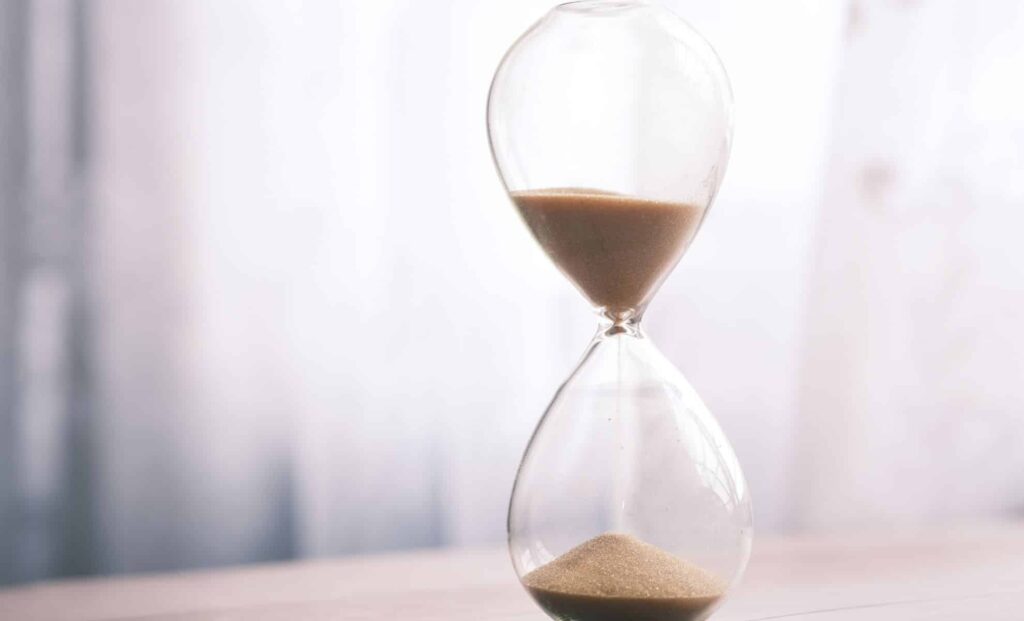
AMSTERDAM, NETHERLANDS – In a groundbreaking study published in the Brain and Behavior journal, researchers have discovered a curious phenomenon where time appears to slow down by nearly 9% for individuals engaged in certain physical activities. This collaborative research between scientists from the Netherlands and England offers new insights into how our perception of time can be altered under specific conditions.
Immediate Impact: Time Perception Altered by Physical Activity
The study involved 33 participants who were tasked with completing a 4,000-meter stationary bicycle course. During the exercise, they were asked to estimate 30-second intervals at five key stages: before starting, after 500 meters, 1,500 meters, 2,500 meters, and post-completion. The results were consistent, with participants overestimating these intervals by 8-9%, suggesting a slower perception of time.
Key Details Emerge: Experimental Conditions and Findings
The experiment was conducted under three distinct conditions: solo cycling, cycling with a virtual “ghost” competitor, and cycling against an active opponent. Interestingly, despite the varying levels of exertion and competition, time estimations remained consistent across all scenarios.
9% – The average overestimation of time intervals by participants during the study.
Expert Analysis: Implications for Athletes
At first glance, the notion of time slowing down might seem fantastical. However, the findings align with the hypothesis that time perception is heavily influenced by psychological and physical states during intense exercise. This discovery could have significant implications for athletes, particularly in sports where precise timing and pacing are crucial.
According to the researchers, enhancing athletes’ focus and time perception could be vital for improving performance. This is especially relevant for long-distance athletes who must maintain a steady pace throughout their events.
By the Numbers: Physiological and Psychological Factors
Time perception is closely linked to the body’s physiological changes during exercise. As fatigue sets in, these changes can affect mental states and, consequently, how time is perceived. While the study primarily focused on psychological aspects, the physiological transformations during exercise cannot be ignored.
“Improving athletes’ focus on time perception could be key to enhancing performance,” the researchers noted.
What Comes Next: Further Research and Potential Applications
This study raises more questions than it answers, prompting researchers to call for further exploration into the role of external stimuli, such as timed lighting, in shaping time perception during physical exertion. Such techniques could help athletes maintain better pacing, particularly in long and challenging activities.
The research team emphasized, “More work is needed to unravel the role of external stimuli, exercise intensity, and duration on time perception during exercise.”
Background Context: Broader Implications
While the primary focus of this study was exercise, the perception of time is relevant in various contexts, from high-pressure work environments to everyday tasks. This research opens up possibilities for other fields to explore how time perception can be optimized for better performance and outcomes.
The timing of this study is significant, as it comes amid growing interest in how psychological factors can enhance athletic performance. As researchers continue to investigate these phenomena, the findings could lead to innovative strategies for training and competition.
The study’s revelations offer a new perspective on time perception, suggesting that our understanding of time is more fluid than previously thought. As further research unfolds, the potential to harness these insights for practical applications in sports and beyond remains an exciting prospect.




